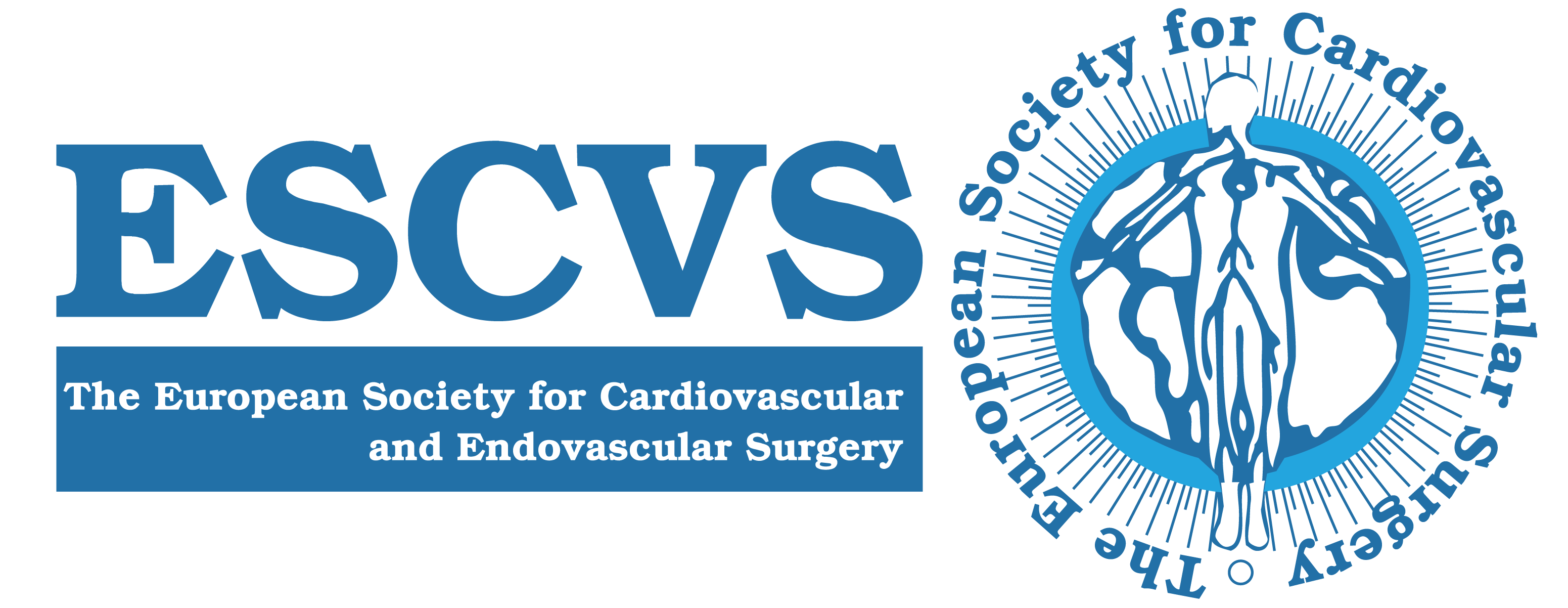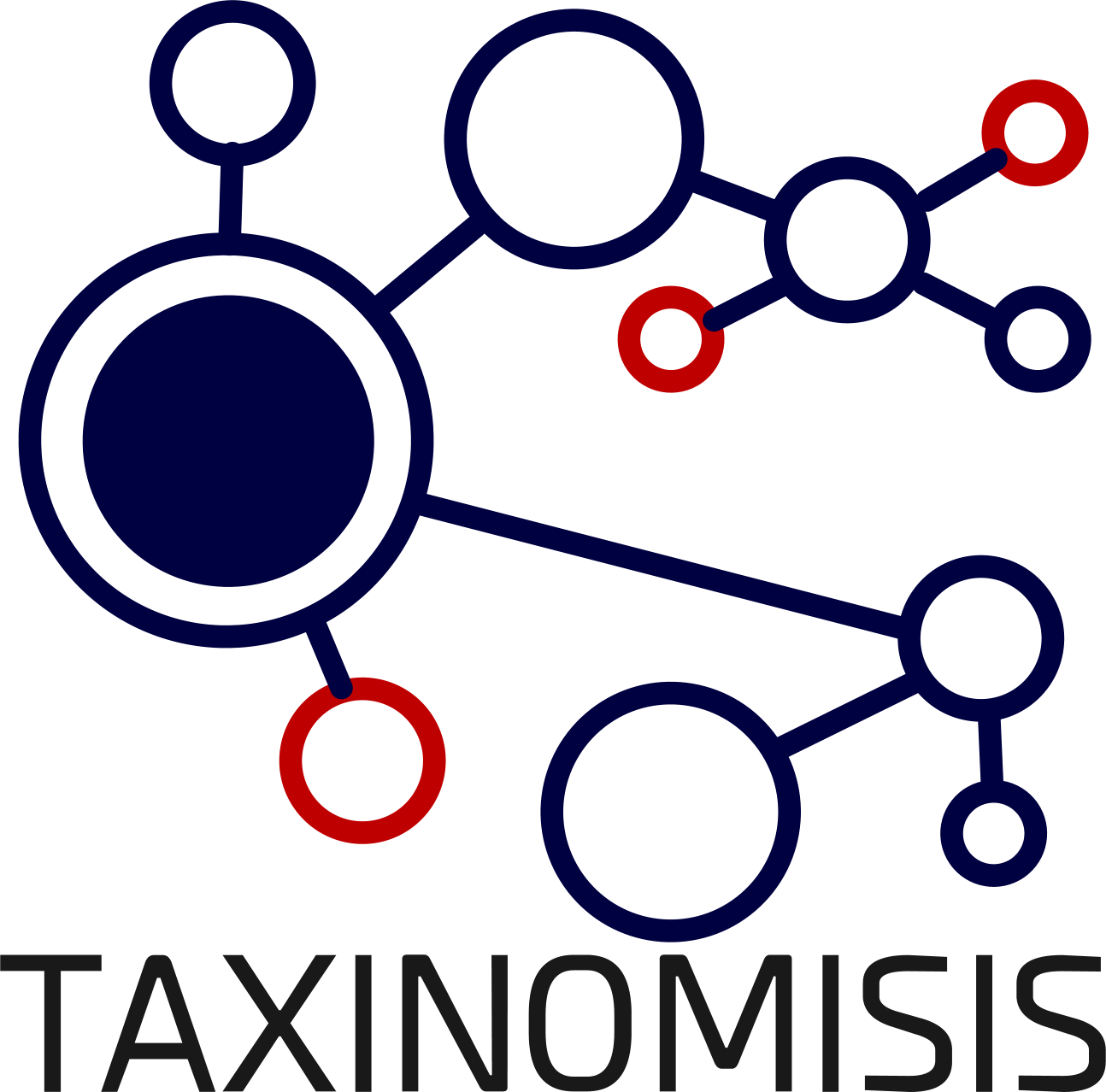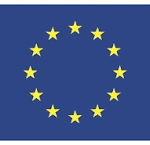Μultidisciplinary approach
stratification of patients with carotid artery disease
stratification of patients with carotid artery disease
TAXINOMISIS is a European Commission funded research project which aims to develop a new approach for the stratification of carotid artery disease patients.
TAXINOMISIS takes bold step beyond the state of the art unwinding the pathobiology underlying symptomatic plaques, discriminating distinct disease mechanism-driven states and biomarkers, and developing a multiscale risk stratification model.
TAXINOMISIS will deliver, as a main outcome, a software platform, which can perform the risk stratification.
TAXINOMISIS innovation capacity
Project News and Events


